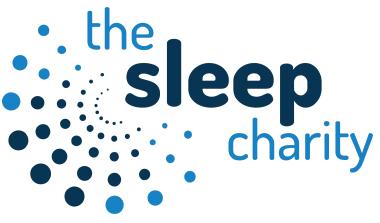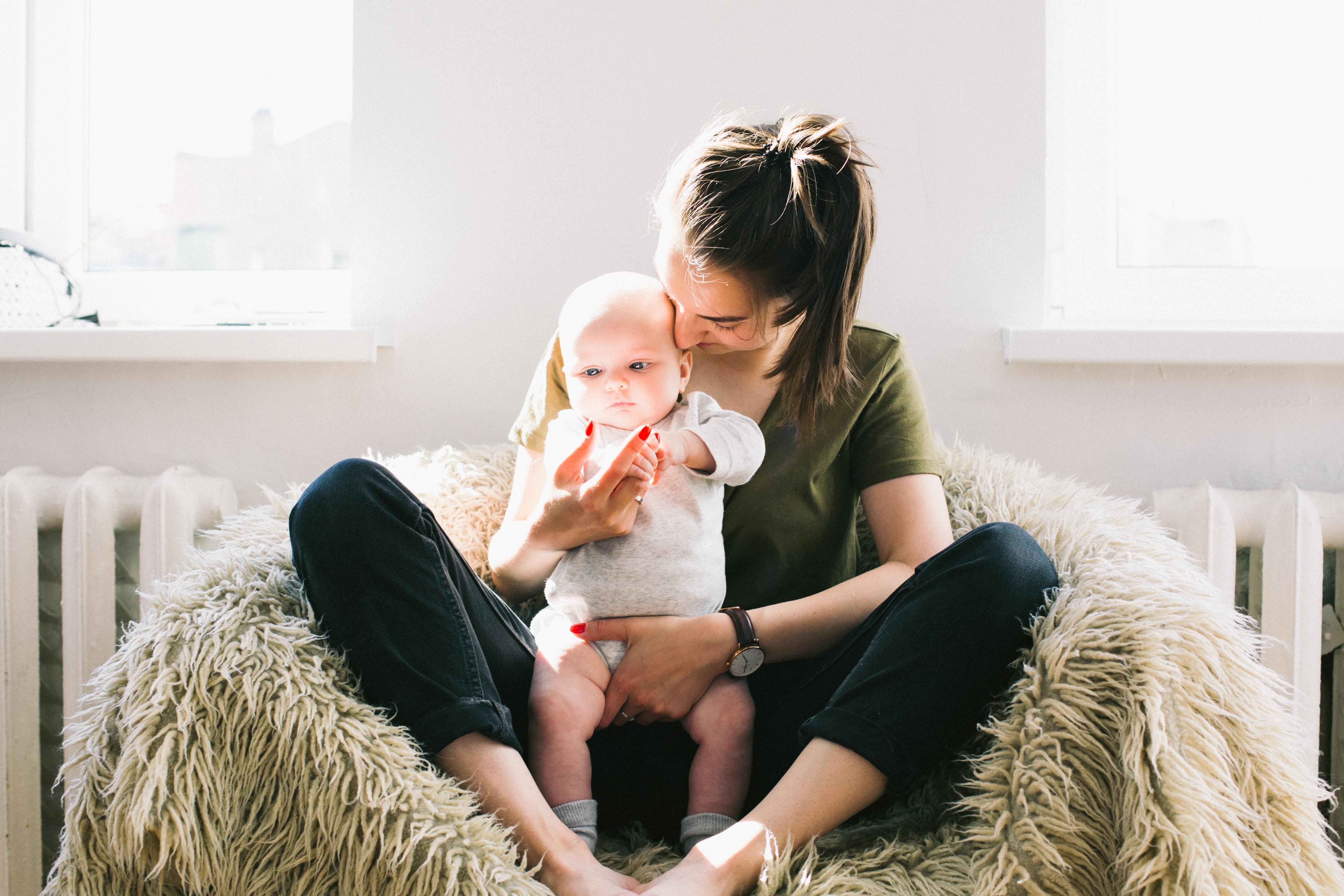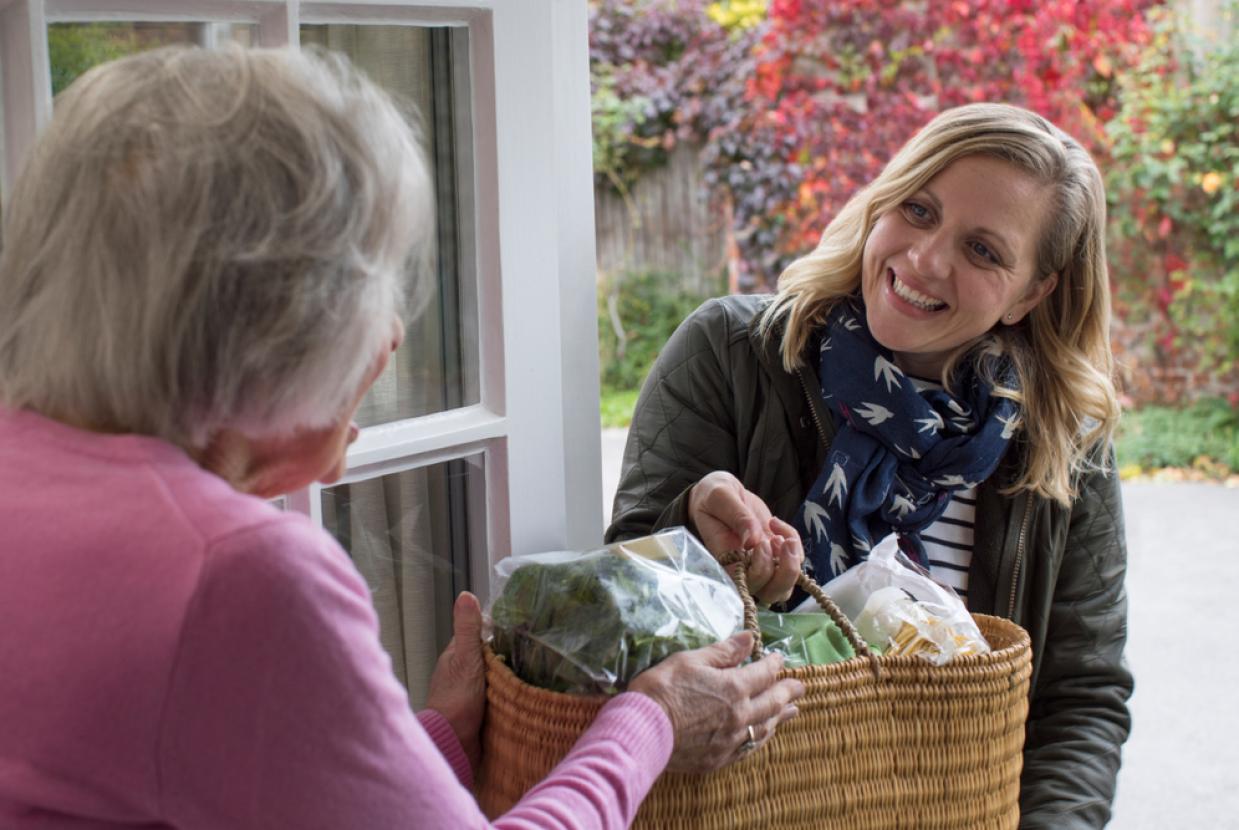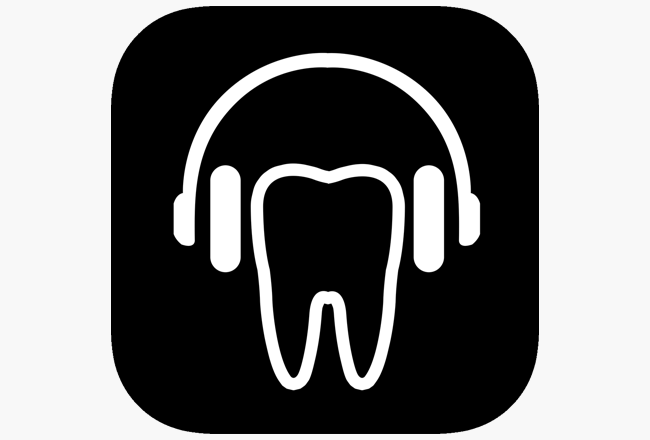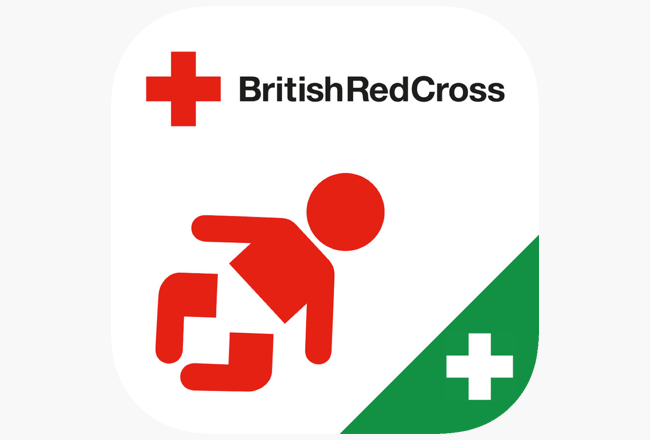Student Life & Sleep – When Getting Zs Matters
Family HealthAs the new academic year approaches, we’re on hand to help students heading off or returning to university to get those all-important Zs – and we’re not talking grades.
Sleep is a vital pillar of wellbeing for everyone, and students are no exception. Good sleep can improve memory, focus and concentration – essential traits for achieving good grades!
With potentially uncomfortable beds, noisy hallways, disrupted routines and an unfamiliar environment, lots of students can struggle with sleep, especially in their first term. Late nights are often a staple of student life, but there are numerous ways to help yourself get a healthier, more stable sleep cycle.
Here are our top tips for students:
1. Make space: Try to set boundaries! Even though uni rooms are often small, try to have separate areas for work and sleep. By distinguishing the two, your brain doesn’t associate your bed with working and your desk with sleeping. Try not to resort to napping, and especially not in places that aren’t your bed, such as in the library.
2. Make it feel like home in any way you can. Bring your bedsheets and pillows from home instead of buying new ones, keep familiar necessities on the bedside table, decorate your walls with homely photos or posters.
3. Comfort is key! Get whatever you can to make yourself comfortable. A mattress topper is the best idea, as student halls mattresses can leave something to be desired. Don’t let yourself be kept up by discomfort.
4. Our bodies love routine. While your lectures might vary day-to-day, try to establish a regular routine for sleeping and waking up, as this is the key thing that will allow you to keep up a steady amount of sleep each week.
5. Be mindful what you put in your body. Limit your caffeine intake, particularly in the evening. Excessive food or alcohol consumption late at night, or even just snacking late into the night can also disrupt sleep patterns. Opt for a soothing hot milk or herbal tea instead to help you wind down for bed.
6. Incorporate moderate exercise. Engaging in regular physical activity, such as swimming or walking, can alleviate daily stressors. However, be cautious not to exercise too close to bedtime, as it may interfere with falling asleep.
7. Kick the smoking habit. Smoking and vaping can adversely affect sleep, causing longer sleep onset times, increased awakenings, and overall sleep disruption. During the pandemic, it was reported that the number of young people smoking had increased to a quarter, but kicking the habit could improve your health across the board, including in sleep.
8. Relaxation techniques: Wind down before bedtime by disconnecting from screens an hour prior and engaging in calming activities such as taking a warm bath, listening to soothing music, or practicing yoga. White noise can help you sleep by masking the noise of rowdy housemates or a loud dorm, if external influences are stopping you from feeling relaxed.
9. Manage worries and workload: Combat stress and anxiety by creating organised lists of tasks for the following day, helping alleviate the burden on your mind before bedtime. Try and find someone you trust, whether that be a housemate or university counsellor, to chat through any problems with so that they don’t keep you up at night. A problem shared is a problem halved!
10. Combat sleeplessness effectively! If sleep eludes you, avoid fretting in bed. Instead, engage in a relaxing activity until you feel drowsy, such as reading or journalling, and then return to bed.
We understand the unique challenges that university students face when it comes to maintaining a healthy sleep schedule. These actionable tips have been carefully curated to empower you to take control of your sleep routines and create an ideal environment for rest.
If you are a fresher, it is often the first time you are away from parents or guardians and their routine and it can be overwhelming to suddenly have all this freedom and the chance to curate your own routine. With intense workloads, unfamiliar environments and popular student nightlife, sleep is often the last thing on many students’ minds!
This doesn’t mean you can underestimate the value of good sleep. Lack of sleep can contribute to depression and other mental illnesses, and makes it difficult to concentrate. As a student, it also makes it harder to remember what you’ve learned, and can reduce your ability to make connections between thoughts and ideas – only adding to the difficulty of adjusting to further education.
We’re inviting all university students to embrace these expert-backed tips and make sleep a priority for your physical, mental and academic wellbeing.
A good night’s sleep can also make things much more enjoyable – so here’s to a happy, healthy and productive year. Good luck!


